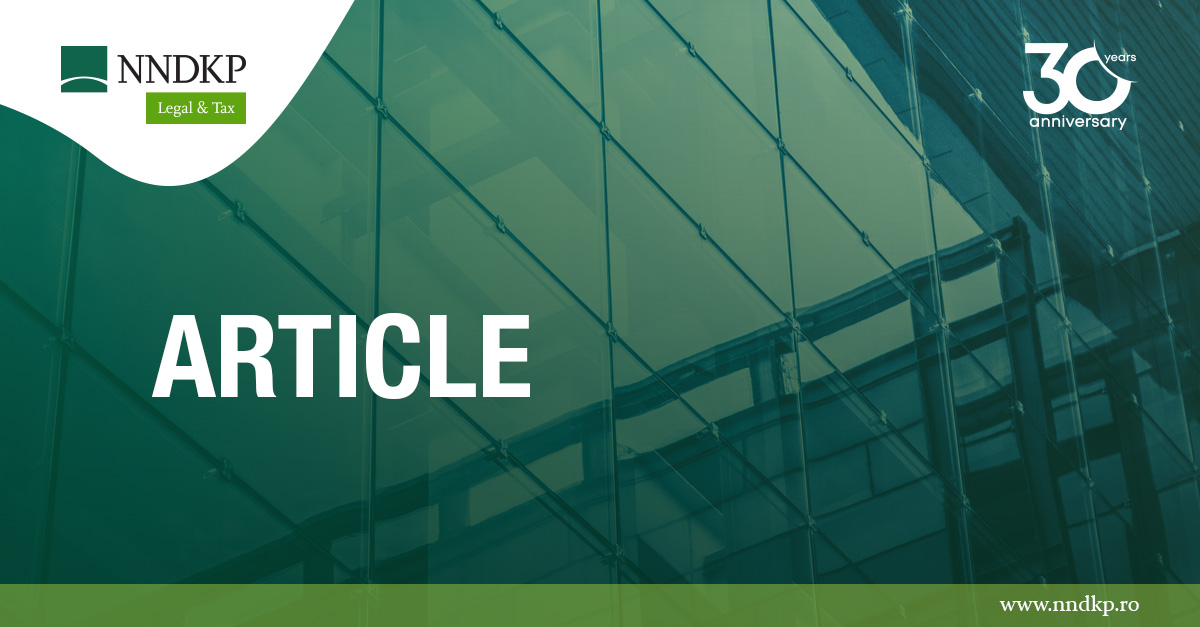
Package Travel Directive – COVID-19 adjustments strongly needed
4.05.2020 – Author: George Trandafir
COVID-19 hit worldwide tourism at unprecedented level. UNWTO estimated, as of March 2020, aggregate losses of up to USD 350-400 billion (that is one-third of the global turnover of tourism business) (details available here)
In recent days, with the lockdown triggering economic consequences that may well go beyond the states’ capacity to absorb, a hope surged that the approaching 2020 summer holidays in the northern hemisphere would offer the context for (at least partial) recovery for and based on tourism.
Following mounting pressure on the decision-makers throughout the European Union to reopen businesses, the European Commission and member states have signaled that an EU coordinated reopening will start shortly (but not necessarily simultaneously, evidently due to the states’ different epidemiological context and medical capabilities).
Although tourism seems to be now in the spotlight, there are matters of concern still not addressed by decision-makers (or, at least, not publicly).
They relate to whether the European Union legislation on tourism, highly protective of consumers, will adjust to pave the way for recovery; further, in a worst-case scenario of resurge, whether it might rather enhance the pandemic’s damaging than supporting the recovery of the tourism.
These matters of concern stem from Directive (EU) 2015/2302 on package travel and linked travel arrangements (the „Package Travel Directive” or „PTD”).
Pursuant to article 12 PDT, “traveler shall have the right to terminate the package travel contract before the start of the package without paying any termination fee in the event of unavoidable and extraordinary circumstances occurring at the place of destination or its immediate vicinity” and “shall be entitled to a full refund of any payments made for the package, but shall not be entitled to additional compensation”.
It is a common market practice for tour operators to sell many months in advance of the forthcoming season(s), subject to preferred pricing conditions, and to transfer rapidly most of the proceeds on the supply chain.
Obviously, the mandatory refund of all payments made by tourists, pursuant to article 12 of the PTD, due to impossibility to travel triggered by COVID-19 pandemic, are not only dependent on proper legal arrangements being entered into by tour operators with tourism services suppliers and proper management thereof, but also on the actual solvency of each of the downstream supply chain entities. For those member states (e.g. Romania) having opted to charge the local tour operators with being also liable toward tourists for the non-performance by non-EU tourism services suppliers, the PTD has stronger consequences on the tour operators during COVID-19, in respect of refunds.
An industry-level impact assessment of article 12 of the PTD has not yet been carried out, based on current information, although the PTD-generated issues are recognized.
In Romania, the government has taken steps in the second half of April, mostly following stakeholders’ pressure, to carry out such assessment; it is, however, impossible to predict whether some legislative measures will follow in support of the local tour operators, confronted with increasing demands for a refund.
Although alternatives to the refund may exist (and even the European Commission has shown, from as early as March 19, 2020, in the information available here, to be open to such alternatives), there are significant chances that they prove insufficient or difficult to implement (travelers cannot be forced into accepting them) or additional costs for the tour operators are incurred.
Considering the cross-border implications of article 12 of the PDT (including propagation to other industries, such as insurances, in case of insolvency), a unitary approach at the EU level for managing the PTD-generated issues may provide equitable relief.
For implementing a relaxation of article 12 PTD-derived rule of refund, decision-makers may consider the following (either temporarily during the COVID-19 pandemic or as a permanent pandemic-triggered option):
- Tour operators’ refund obligation to be substituted with the obligation to issue vouchers or other debt notes; and
- Vouchers or other debt notes might be transferable, through a centralized transfer system whose ancillary purpose would be to absorb potential individual failures, with recourse against insurers or other relevant entities (indirectly, that would allow tourists to change their package travel and conditions, and an actual refund, if desired, could be also achieved).
In our view, a balanced adjustment of article 12 of the PTD (as suggested above or pursuant to any other feasible options) is desirable not only to safeguard the tourism businesses’ interests but also to safeguard consumers’ interests, in a pandemic and post-pandemic world.

